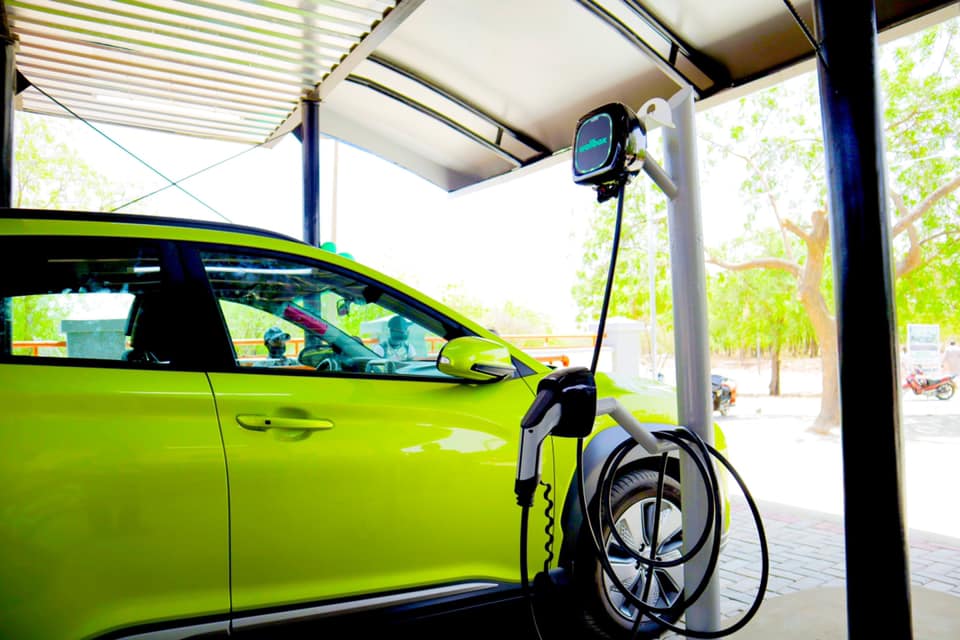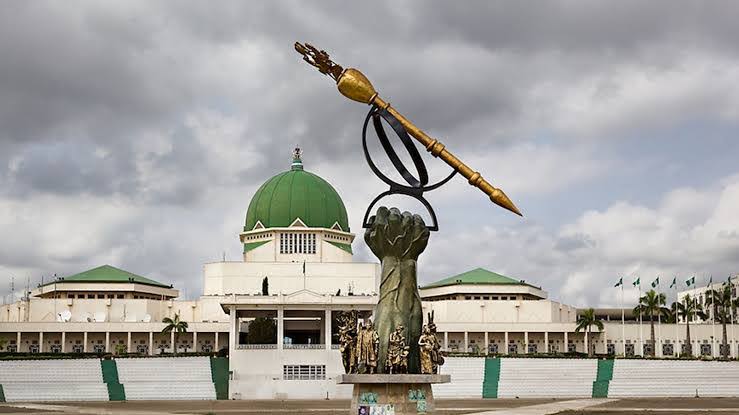
The Minister of Health, Prof. Isaac Adewole was right on point when he said the other day that after terror attacks, the second leading cause of violent deaths in Nigeria were road accidents. He said: “Traffic accidents involving the road, air and sea have become normal and recurring phenomena in Nigeria with increasing number of morbidity and mortality.” Citing a Federal Road Safety Corps (FRSC) report, the minister said that Nigeria is among countries with the highest road accident rates in the world, having 5,400 deaths in 12,077 road crashes between 2009 and 2013. Furthermore, he said that the World Health Organisation (WHO) 2015 report states that one in every four road crash deaths in Africa occurs in Nigeria; and that hardly does a day go by without the occurrence of road accidents. These figures are disturbing, because there are a lot of unreported cases. So, if the unreported cases are added to the reported cases, the figures would be unimaginable. Estimating the economic cost, the minister said that so far, Nigeria has lost at least N80bn to road crashes yearly.
Although, the data from the accidents under reference were not fully disaggregated in terms of age, sex, occupation, level of education among other demographic variables; but if this is done, perhaps it may reveal that people in their prime (productive and reproductive) ages may constitute a greater percentage of the victims. The implication of this is that the nation is losing her productive population because statistics have shown that that road accidents cost developing countries, including Nigeria, between 1-2% of the GDP as the mortality from road accidents take away agile and skilled manpower. For children, the implications are their inability to complete their education or acquire skills for life, making them school dropouts, destitute and social delinquents. So, road accident is a major cause of poverty and socio-economic disorder in Nigeria; robbing Nigeria of its valuable human and materials resources and must be seen as a serious national crisis for public health because of the direct and indirect costs. In fact, it should be treated as a national emergency.
What is responsible for the increase in road accidents in Nigeria? The major causes are very bad roads, decrepit vehicles, careless driving, poor road, poor vehicle maintenance, over-speeding, under-developed rail lines that would have taken away pressure from the roads, and the menace of petroleum tankers’/trailers. Again, large-and-slow moving vehicles’ drivers otherwise known as articulated vehicles turn themselves to demi gods on the roads, without consideration for small and fast moving vehicles. Thus the small vehicles queue slow moving vehicles, most times leading to multiple and fatal accidents. Meanwhile, some unpatriotic officers meant to check the roadworthiness of vehicles, resort to helping themselves instead of enforcement of traffic laws. In addition, the non-compliance with highway code constitutes another major obstruction to other road users.
Although the carnage on Nigerian roads may be seen as a national emergency, there is hope for its prevention, which is better than cure. Strategically, given the fact that the primary constitutional responsibility of the state is to protect lives and property, which is not limited to when life is being threatened by war or other forms of violence, but also the creation of a safe social environment that will preserve lives, the National Assembly as well as states assemblies should pass appropriate laws on road accidents prevention and in the case of eventuality, compensation for victims. The government should also provide functional cameras that can capture over-speeding vehicles; give road construction and maintenance contracts to companies that would deliver on time and according to quality specifications. Furthermore, given Nigeria’s terrain, concrete instead of asphalt should be used for road construction, and the roads should be complemented with super drainages.
Also, government should fast track the development of the rail system to reduce pressure on roads. Again, the 2016 budget is loaded with expectations for infrastructure especially with the money voted for roads. Specifically, the media and other civil society groups should play their surveillance functions to ensure implementation.
Practically, there is the need to establish a strong regime of discipline on the roads. Only roadworthy vehicles must be on the roads. Most of the cars that display roadworthy certificates are simply not fit-for-purpose and should be in the scrap yard. This will reduce the probability of accidents occurring as a result of technical failure. Also, the issue of badly worn tyres should be checked. Training, especially for commercial drivers, is also very essential and should be encouraged because however safe a vehicle is to drive, it would be equally be dangerous if the drivers are not well-trained. So, all statutory agencies charged with the responsibility of enforcing highway codes including the installation of the speed limit devices in commercial vehicles should live up to their mandate. They should ensure that petroleum tankers, trailers and large-slow moving vehicles’ drivers adhere to section 15 of the Highway Code, which states that “it is an offence for large and slow moving vehicles to allow smaller or fast moving vehicles queue behind whenever the driver can pull over safely to make way for other vehicles”; and the FRSC provision of Section 26, which prohibits the indiscriminate and double parking of fuel tankers, and other long vehicles on the highways.
Finally, since human loss from road accidents leaves in its trail, grief and pain and untold economic as well as psychological hardships citizens should be sensitised that road safety is a shared responsibility and that everybody should take full interest in safety by demanding desirable road safety practices from drivers and report reckless drivers to law enforcement agencies.





